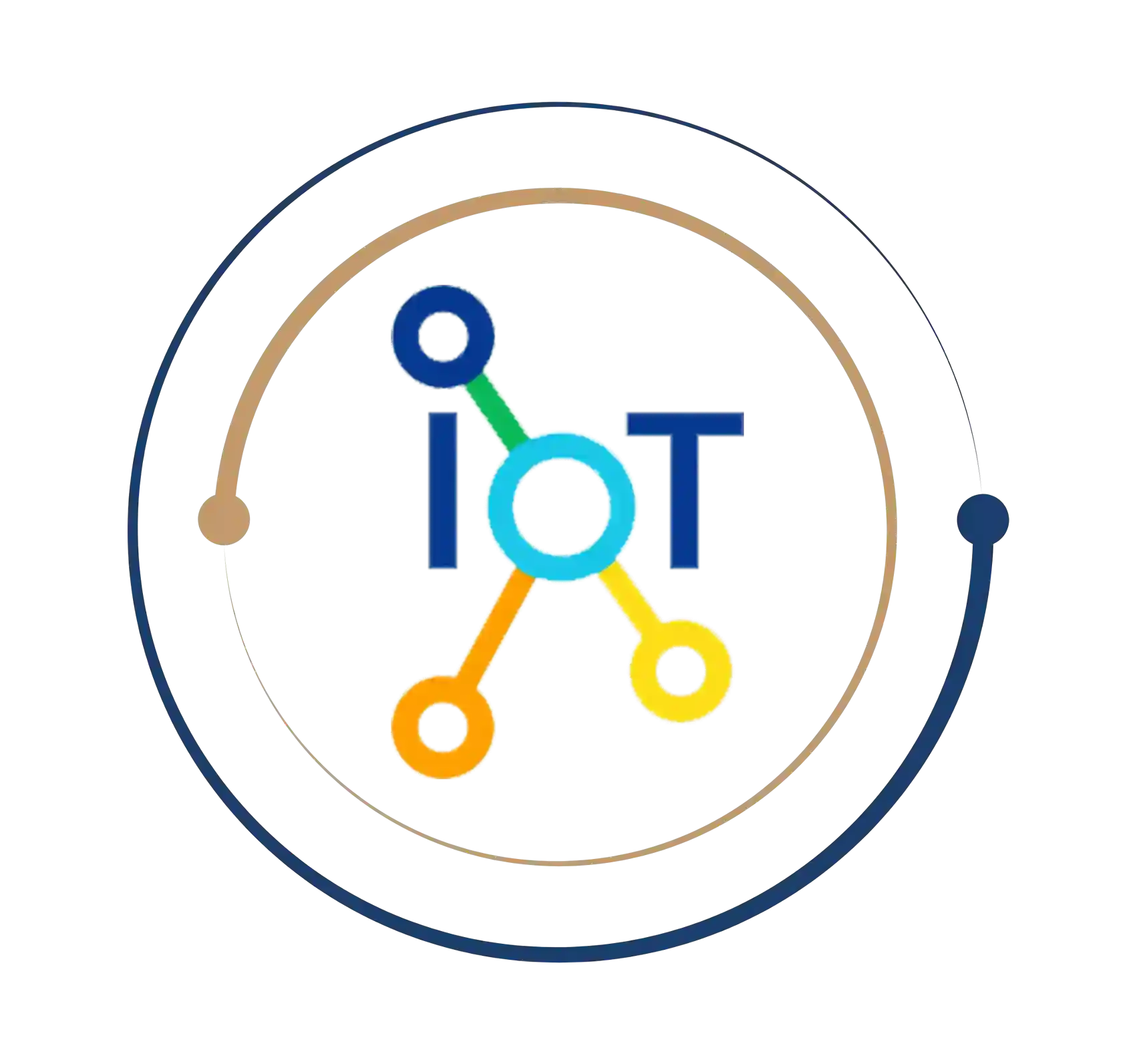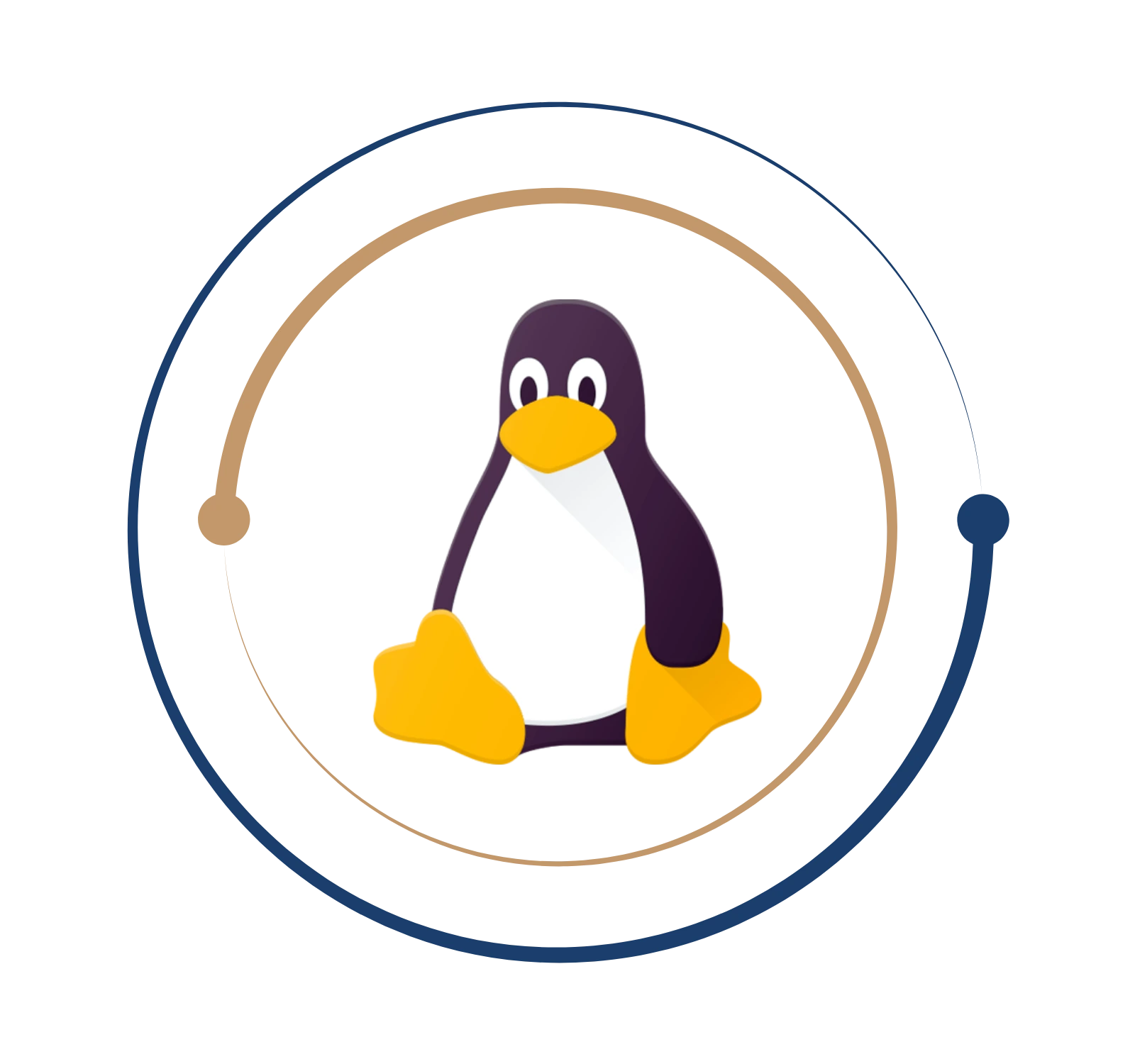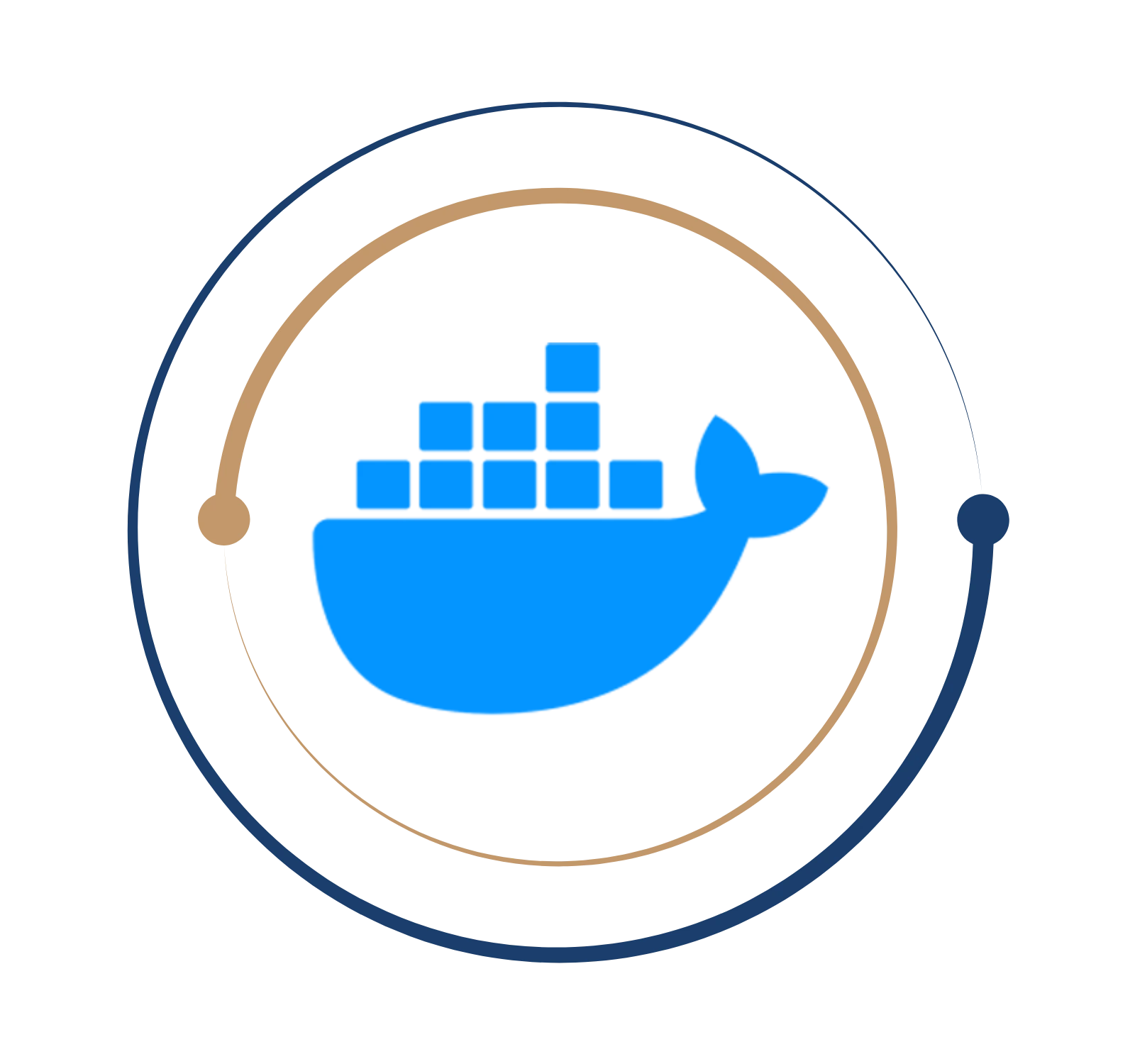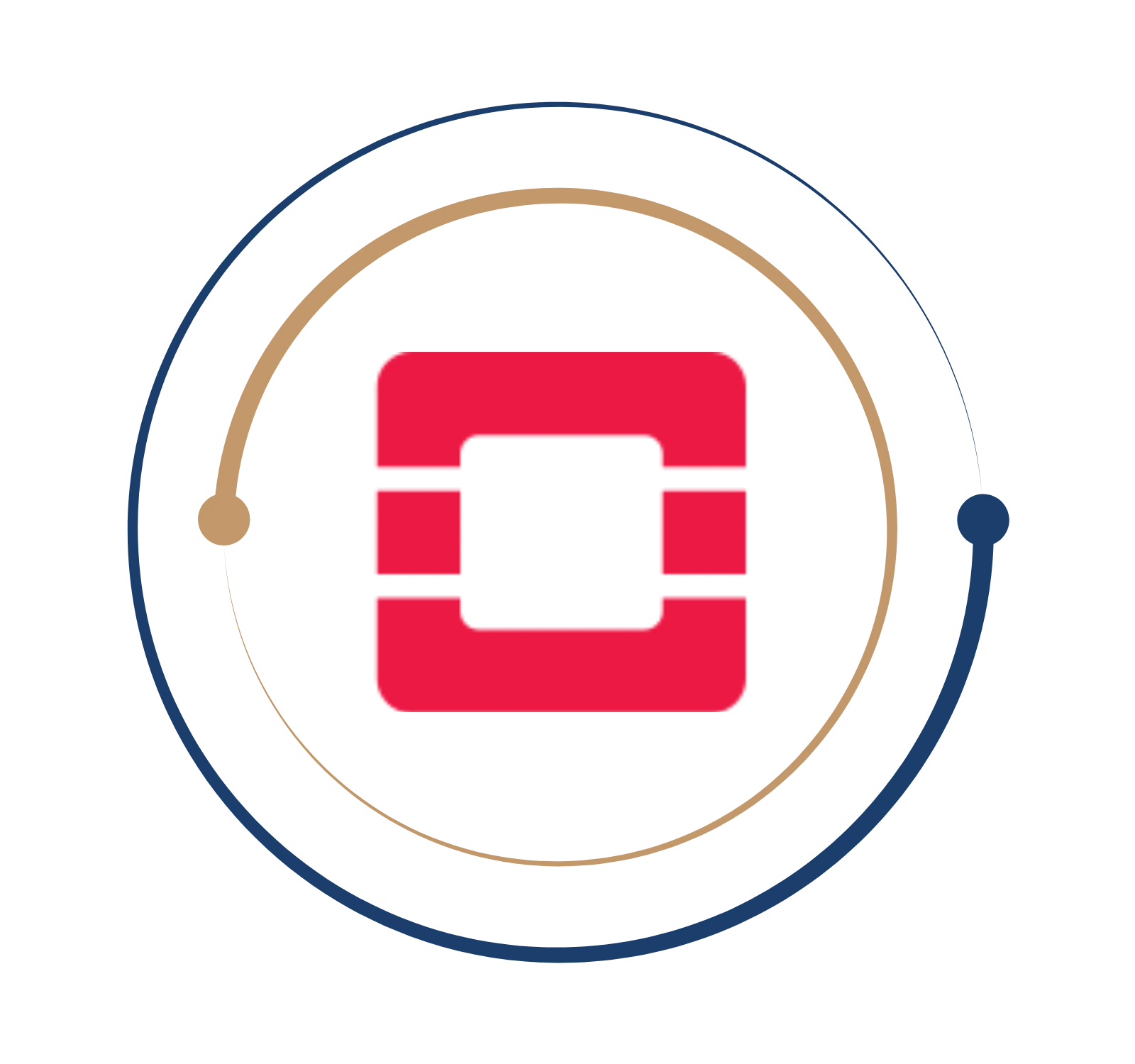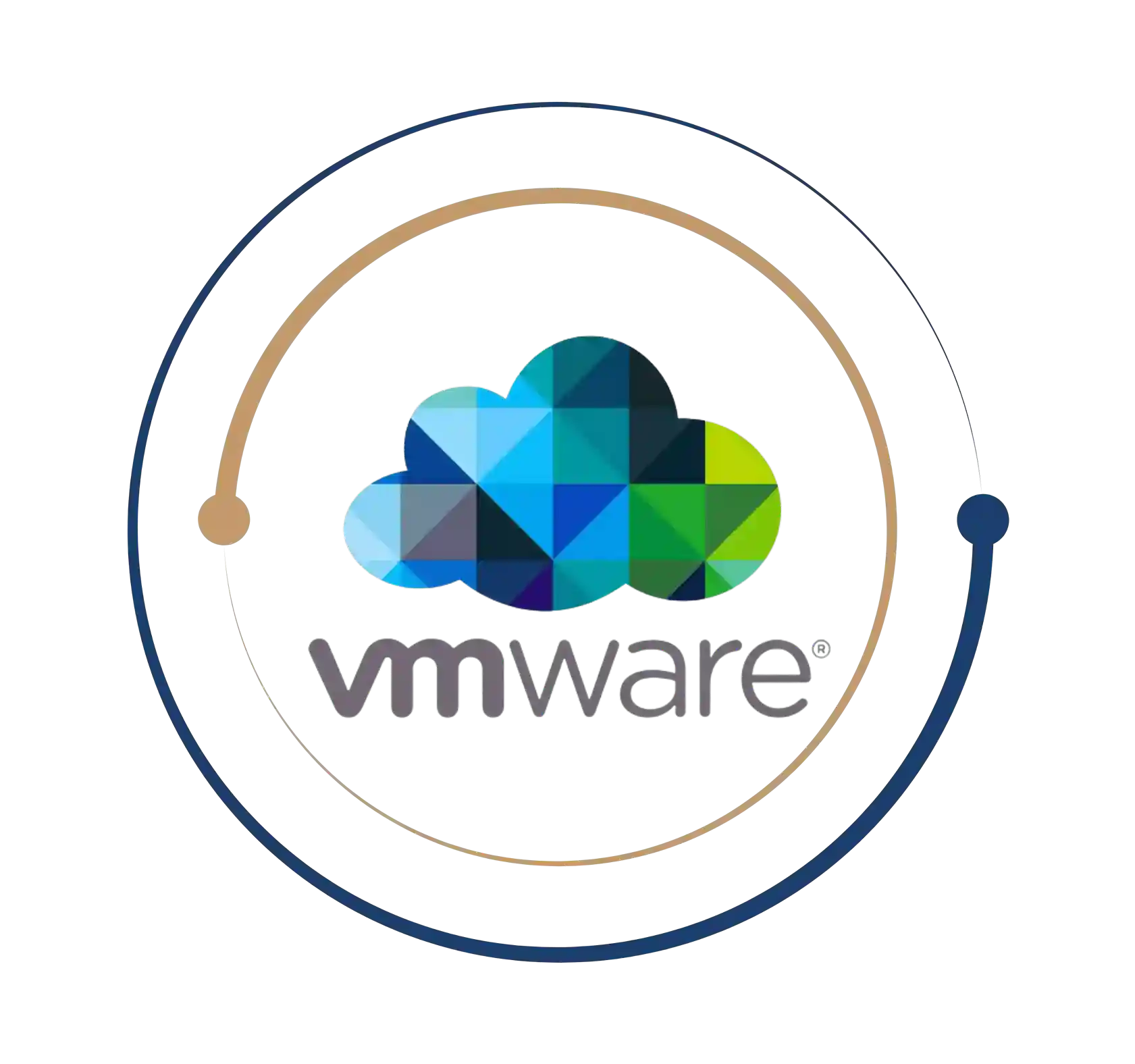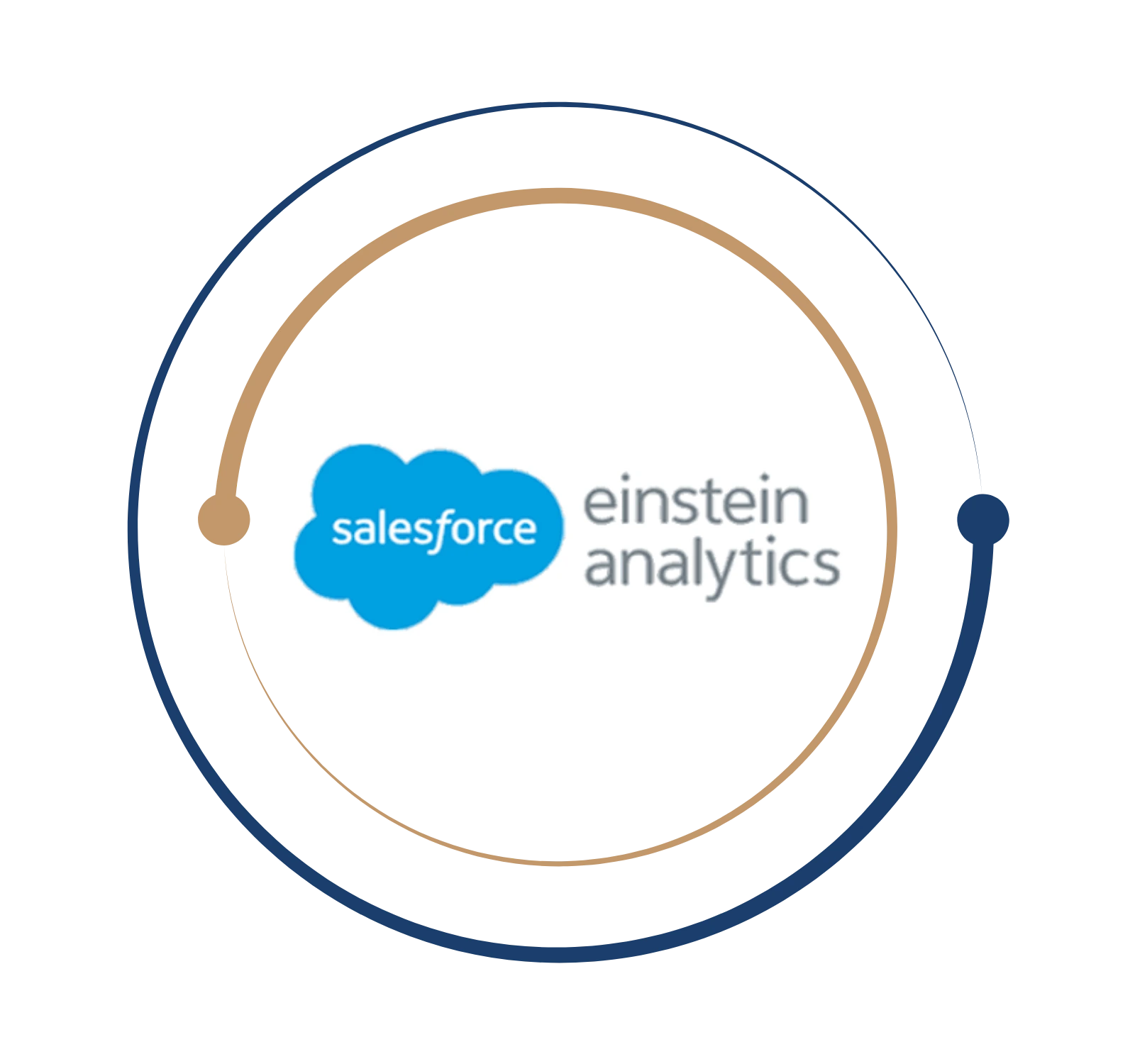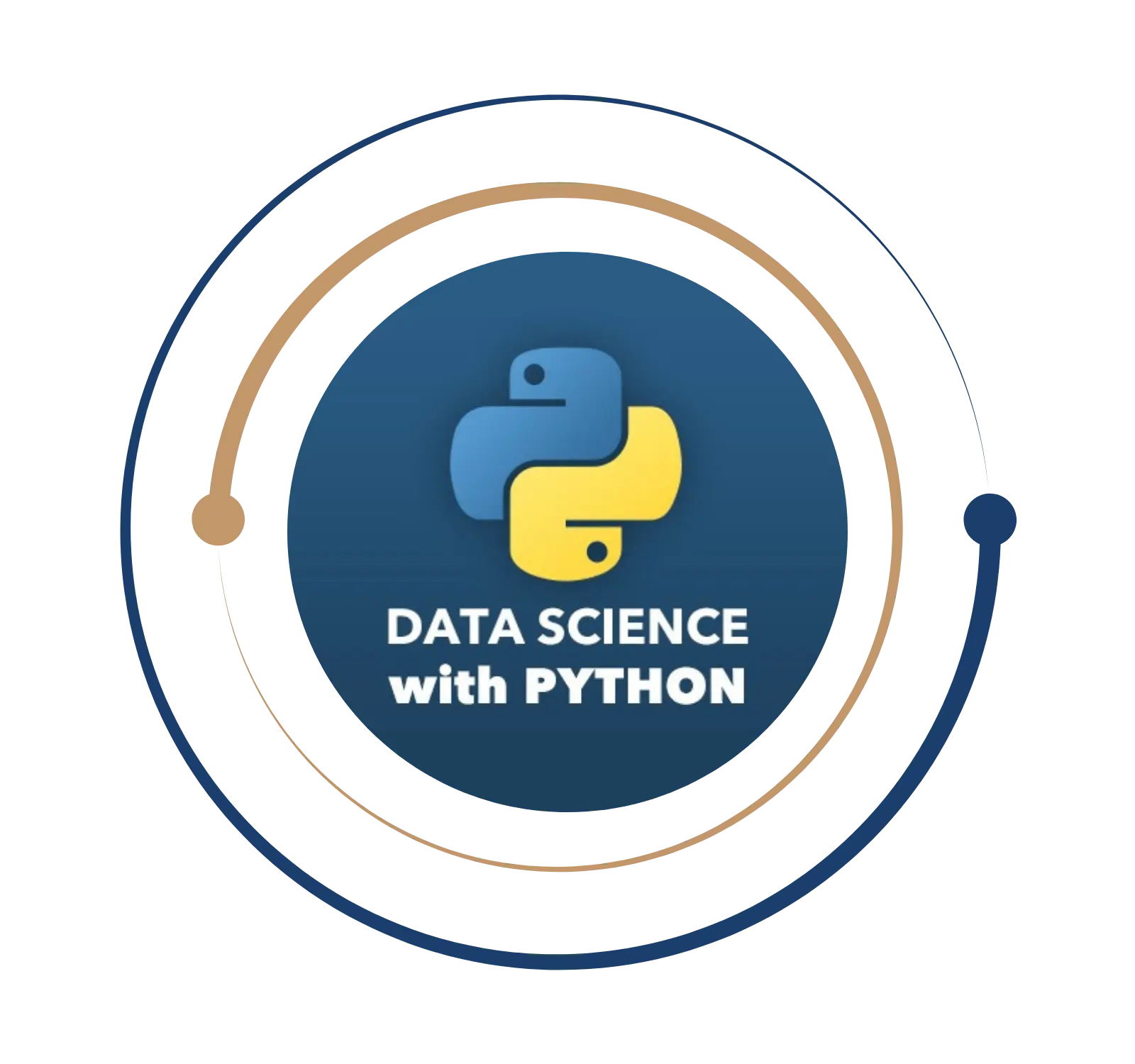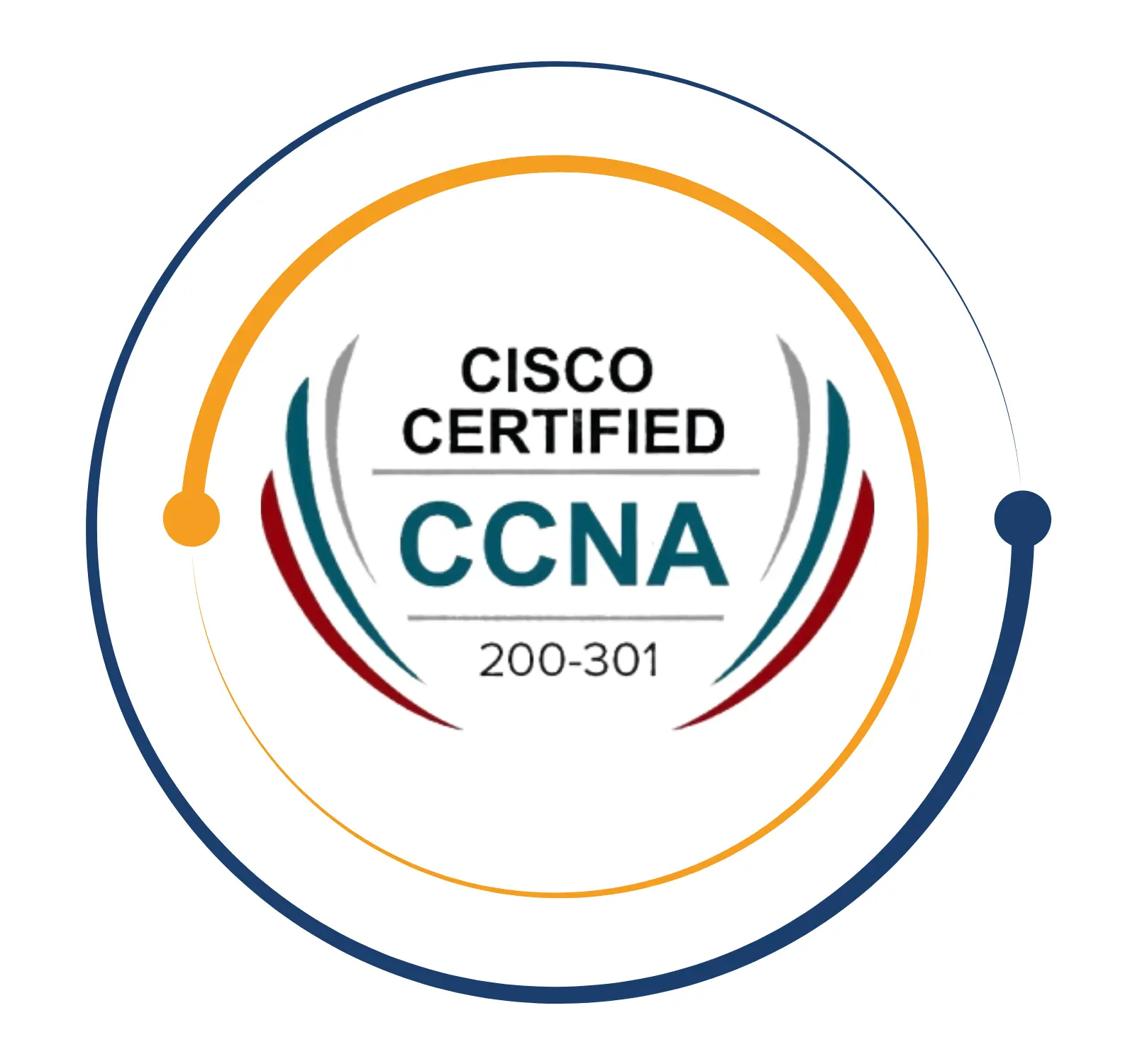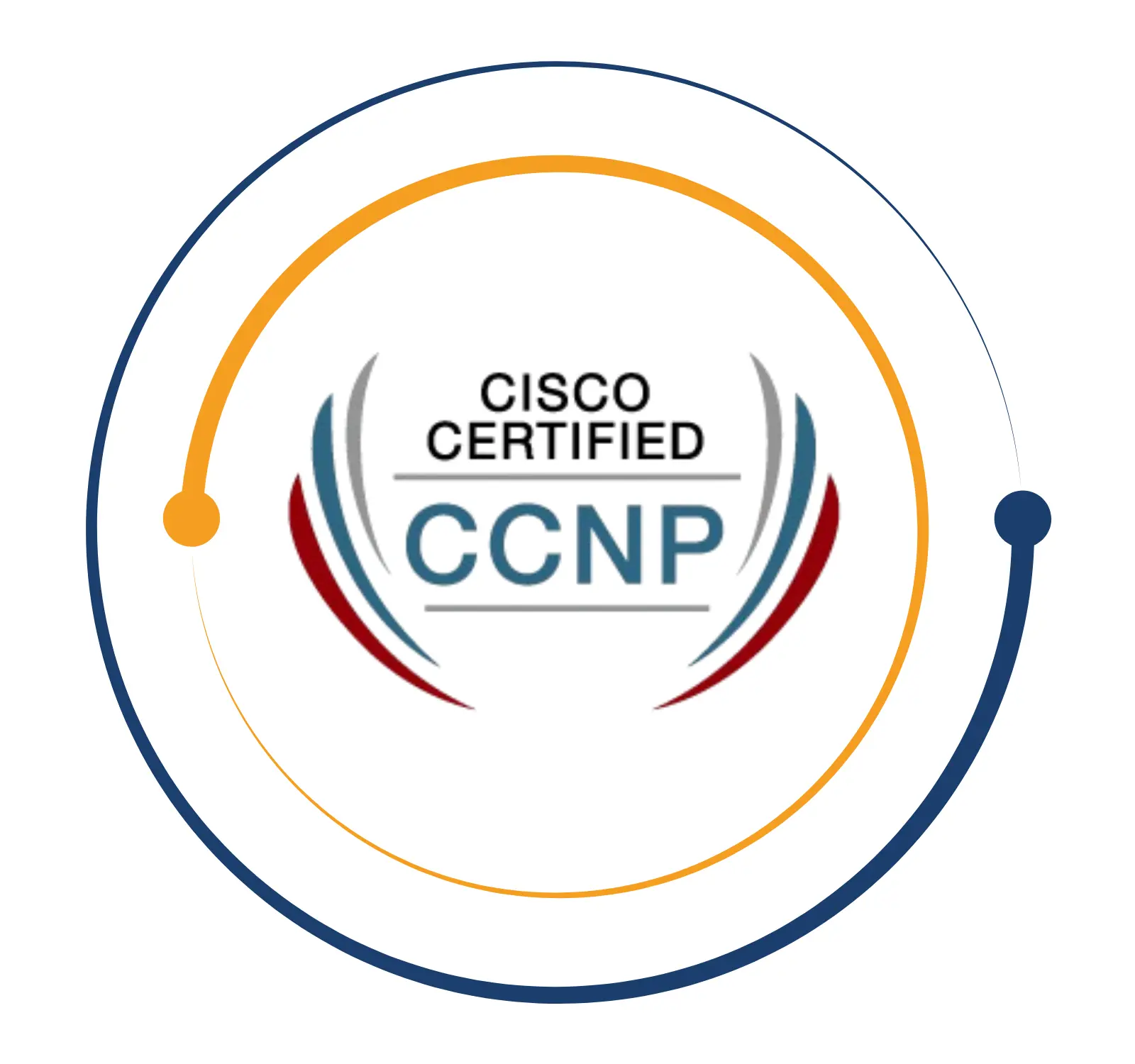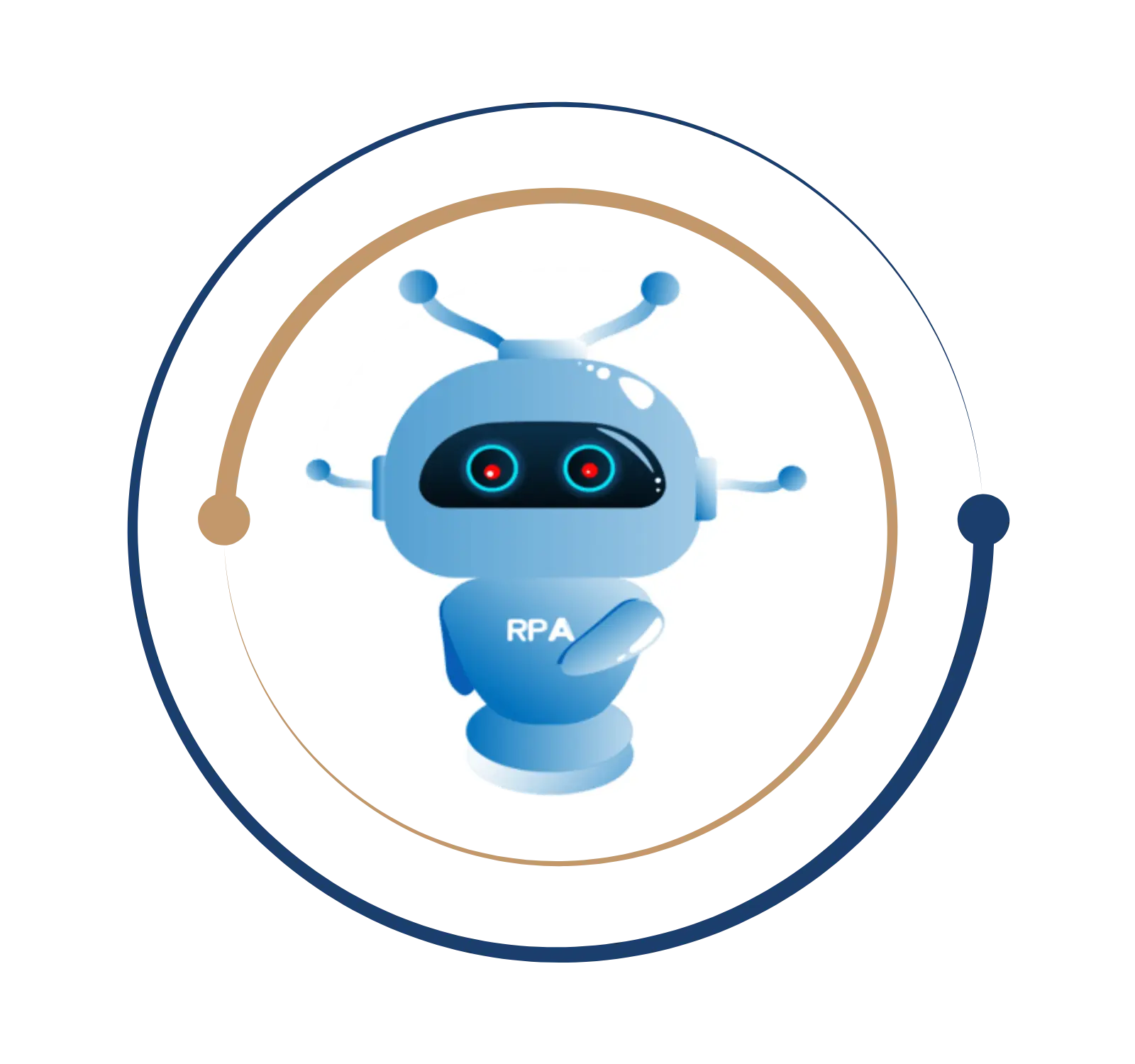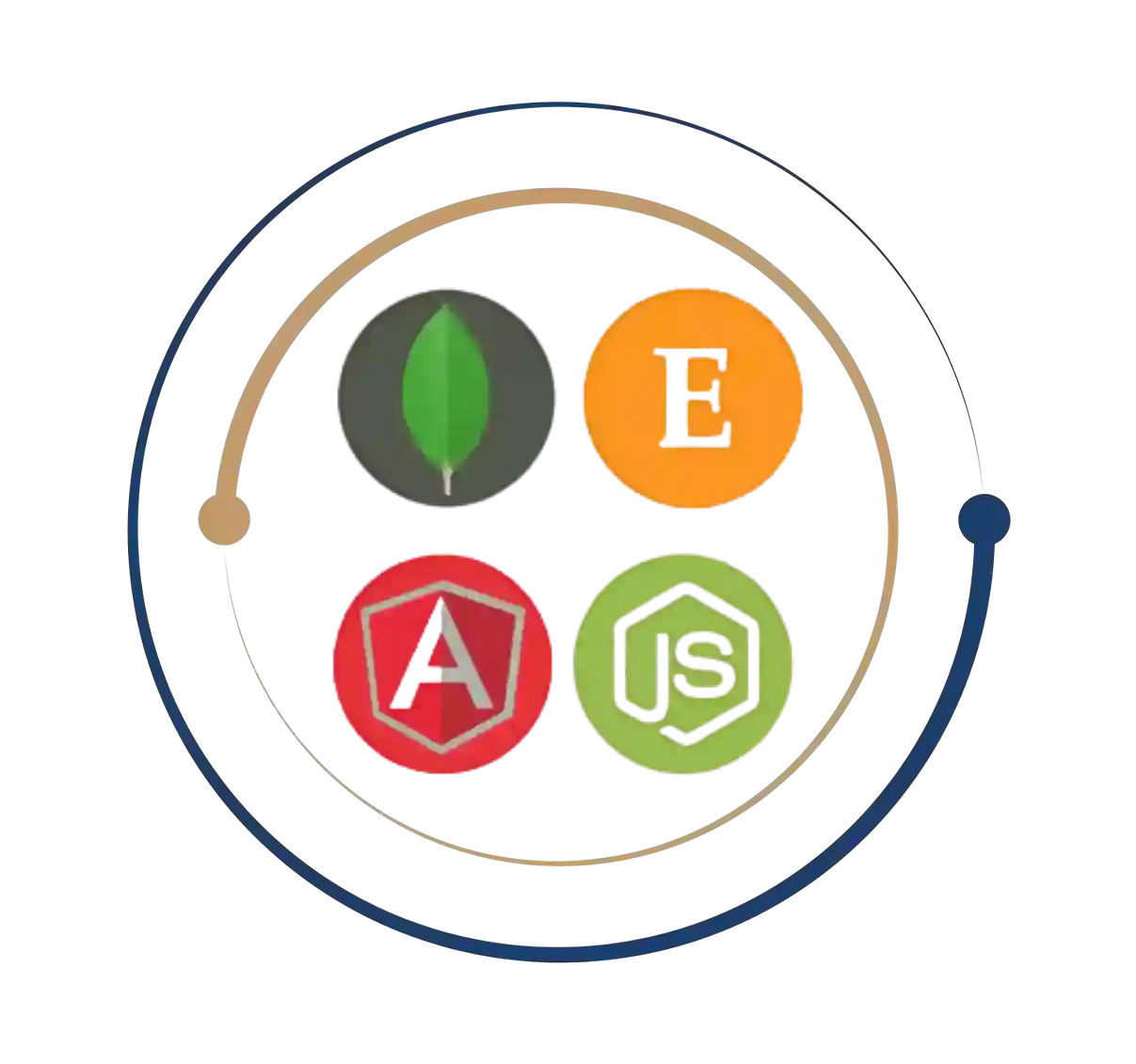Streamline success with DevOps – Build, deploy, and deliver faster than ever
Best DevOps Training in Chennai
BITA Academy proudly provides the Best DevOps Training in Chennai, which is meant to help IT professionals bridge the gap between development and operations. This course gives you a thorough grasp of the DevOps technologies, processes, and approaches that promote cooperation and efficiency in software development and IT operations.
Our training program is designed for developers, system administrators, and IT professionals who want to improve their skills in automation, continuous integration, and deployment. BITA Academy provides hands-on projects and real-world scenarios to ensure that you obtain the practical experience required to compete in the competitive IT sector.
DevOps is a set of methods, technologies, and cultural ideas aimed at automating and integrating software development (Dev) and information technology operations (Ops). DevOps allows enterprises to develop high-quality software more quickly by encouraging collaboration among these traditionally isolated teams.
DevOps streamlines development, testing, and deployment processes by combining tools such as Jenkins, Docker, Kubernetes, Ansible, and Git. It focuses on ideas such as continuous integration, continuous delivery, and infrastructure as code, making it an essential approach for enterprises seeking agility and efficiency in their software development lifecycle. With BITA Academy’s Best DevOps Training in Chennai, you will master these tools and methodologies to become an indispensable part of modern IT teams.
Best DevOps Training in Chennai
BITA Academy proudly provides the Best DevOps Training in Chennai, which is meant to help IT professionals bridge the gap between development and operations. This course gives you a thorough grasp of the DevOps technologies, processes, and approaches that promote cooperation and efficiency in software development and IT operations.
Our training program is designed for developers, system administrators, and IT professionals who want to improve their skills in automation, continuous integration, and deployment. BITA Academy provides hands-on projects and real-world scenarios to ensure that you obtain the practical experience required to compete in the competitive IT sector.
What is DevOps?
DevOps is a set of methods, technologies, and cultural ideas aimed at automating and integrating software development (Dev) and information technology operations (Ops). DevOps allows enterprises to develop high-quality software more quickly by encouraging collaboration among these traditionally isolated teams.
DevOps streamlines development, testing, and deployment processes by combining tools such as Jenkins, Docker, Kubernetes, Ansible, and Git. It focuses on ideas such as continuous integration, continuous delivery, and infrastructure as code, making it an essential approach for enterprises seeking agility and efficiency in their software development lifecycle. With BITA Academy’s Best DevOps Training in Chennai, you will master these tools and methodologies to become an indispensable part of modern IT teams.
Roles and Responsibilities in DevOps
DevOps professionals play a crucial role in increasing cooperation and simplifying workflows across IT teams. Here are some significant positions and responsibilities:
- DevOps Engineers: create and maintain automation technologies, manage the CI/CD pipeline, and assure consistent software delivery.
- Release Manager: Plan, schedule, and oversee software releases to ensure timely delivery.
- Automation Architects: create and implement automated processes for testing, deployment, and monitoring.
- Infrastructure Engineer: Manage and maintain infrastructure as code to ensure scalability and dependability.
- Site Reliability Engineer (SRE): Focus on system reliability and performance, identifying operational improvement opportunities.
BITA Academy’s Best DevOps Training in Chennai prepares you for these roles by providing in-depth knowledge and hands-on practice in key DevOps processes and tools.
DevOps is a set of methods, technologies, and cultural ideas aimed at automating and integrating software development (Dev) and information technology operations (Ops). DevOps allows enterprises to develop high-quality software more quickly by encouraging collaboration among these traditionally isolated teams.
DevOps streamlines development, testing, and deployment processes by combining tools such as Jenkins, Docker, Kubernetes, Ansible, and Git. It focuses on ideas such as continuous integration, continuous delivery, and infrastructure as code, making it an essential approach for enterprises seeking agility and efficiency in their software development lifecycle. With BITA Academy’s Best DevOps Training in Chennai, you will master these tools and methodologies to become an indispensable part of modern IT teams.
DevOps professionals play a crucial role in increasing cooperation and simplifying workflows across IT teams. Here are some significant positions and responsibilities:
- DevOps Engineers: create and maintain automation technologies, manage the CI/CD pipeline, and assure consistent software delivery.
- Release Manager: Plan, schedule, and oversee software releases to ensure timely delivery.
- Automation Architects: create and implement automated processes for testing, deployment, and monitoring.
- Infrastructure Engineer: Manage and maintain infrastructure as code to ensure scalability and dependability.
- Site Reliability Engineer (SRE): Focus on system reliability and performance, identifying operational improvement opportunities.
BITA Academy’s Best DevOps Training in Chennai prepares you for these roles by providing in-depth knowledge and hands-on practice in key DevOps processes and tools.
Get Instant Help Here
Earning a DevOps certification can dramatically improve your career prospects by demonstrating your proficiency with DevOps technologies and techniques, making you a valuable asset to employers. Certified experts are frequently desired for advanced positions like DevOps Engineer, Automation Architect, and Site Reliability Engineer (SRE). Additionally, DevOps-certified experts often command higher wages than their non-certified counterparts. These certificates are worldwide recognized, providing access to countless opportunities across industries and locations. BITA Academy’s Best DevOps Training in Chennai provides you with the information and confidence you need to succeed in certification examinations and progress your career.
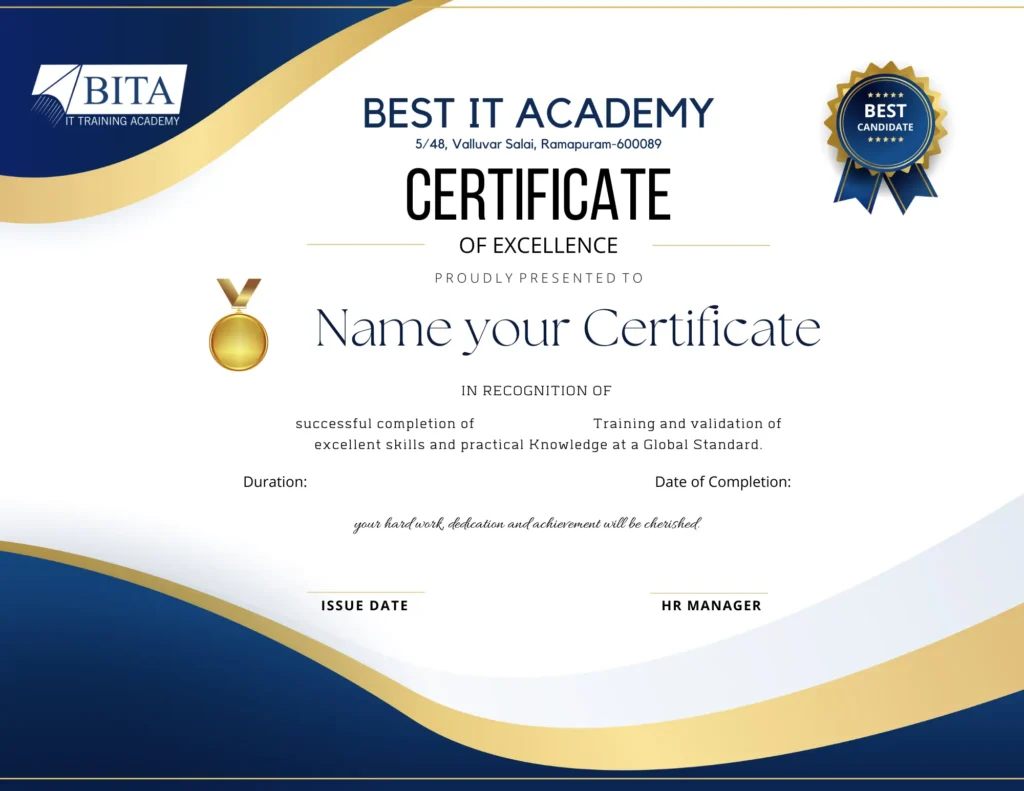
The demand for DevOps expertise is increasing across industries as firms prioritize agility and efficiency in software delivery. Popular roles in this domain include: DevOps Engineer, responsible for managing and optimizing CI/CD pipelines to ensure smooth software delivery; Cloud Engineer, focused on implementing and maintaining cloud-based infrastructure using DevOps practices; Automation Specialist, tasked with developing and managing automation frameworks for testing and deployment; Release Engineer, who oversees software releases to ensure timely delivery; and System Administrator. DevOps specialists earn attractive pay, reflecting the significant demand for their expertise in the field. Entry-level DevOps Engineers with 0-2 years of experience make roughly ₹6-8 LPA, while mid-level professionals with 3-5 years of experience earn between ₹12-18 LPA. Senior-level DevOps Engineers and Architects with substantial skills typically earn salaries of ₹20-30 LPA or more. BITA Academy’s Best DevOps Training in Chennai, you can position yourself to secure these lucrative salary packages and build a successful career in the DevOps domain.
Job you can land with DevOps
What you will learn?
- Why DevOps?
- What is DevOps?
- DevOps Market Trends
- DevOps Engineer Skills
- What do you know about DevOps Delivery Pipeline?
- DevOps Ecosystem
- What is version control?
- What is Git?
- Why is Git required for your enterprise?
- Install Git Common commands in Git
- How to Work with Remote Repositories?
- Branching and Merging in Git
- Git workflows
- Git cheat sheet
- What is CI?
- Why CI is required?
- Deep Dive on Jenkins (With Architecture)
- Deep Dive on Maven
- Jenkins Management
- How to add a slave node to Jenkins?
- How to Build Delivery Pipeline?
- Pipeline as a Code
- What is Selenium?
- Why do we need Selenium?
- Selenium – Webdriver
- How to Create Test Cases in Selenium WebDriver (Waits)
- What is X-Path?
- Why do we need X-Path?
- How to handle different controls on Webpage
- Framework in Selenium
- How to integrate Selenium with Jenkins
- What do you know about Shipping Transportation Challenges?
- An Overview of Docker
- What do you know about images and containers?
- How to Run Hello World in Docker?
- Deep Dive on Container
- Container Life Cycle
- Share and Copy
- Base Image
- Docker File
- How to Work with containers?
- How to Publish Image on Docker Hub?
- Deep Dive on Docker Ecosystem
- Docker Compose
- Docker Swarm
- How to Manage Containers?
- How to Run Containers?
- Deep Dive on Docker Networking
- Network Types
- Docker Container Networking
- Deep Dive on Puppet
- How to install Puppet?
- How to configure Puppet?
- Puppet Master and Agent Setup
- Puppet Module
- Node Classification
- Puppet Environment
- Puppet Classes
- Automation and Reporting
- Deep Dive on Ansible
- How to install Ansible?
- How to Configure Ansible Roles?
- Write Playbooks
- How to execute adhoc command?
- Revisiting Kubernetes
- Deep Dive on Cluster Architecture
- How to Spin up a Kubernetes Cluster on Ubuntu VMs?
- How to Explore your Cluster?
- Deep Dive on YAML
- How to Create a Deployment in Kubernetes using YAML?
- How to Create a Service in Kubernetes?
- Do you know to install Kubernetes Dashboard?
- How to Deploy an App using Dashboard?
- How to use Rolling Updates in Kubernetes?
- Overview of Containers and Container Orchestration
- Deep Dive on Kubernetes
- Deep Dive on Continuous Monitoring
- Deep Dive on Nagios
- How to Install Nagios?
- Nagios Plugins (NRPE) and Objects
- Overview of Nagios Commands and Notification
- Why is Cloud required?
- Deep Dive on Cloud Computing
- Why do we need DevOps on Cloud?
- Deep Dive on AWS Various AWS services
- DevOps using AWS
Weekdays
Mon-Fri
Online/Offline
1 hour
Hands-on Training
Suitable for Fresh Jobseekers
/ Non IT to IT transition
Weekends
Sat – Sun
Online/Offline
1.30 – 2 hours
Hands-on Training
Suitable for IT Professionals
Batch details
Week days
Mon-Fri
Online/Offline
1 hour
Hands-on Training
/ Non IT to IT transition
Sat – Sun
Online/Offline
1:30 – 2 hours
Hands-on Training
Why should you select us?






Why should you select Us?











